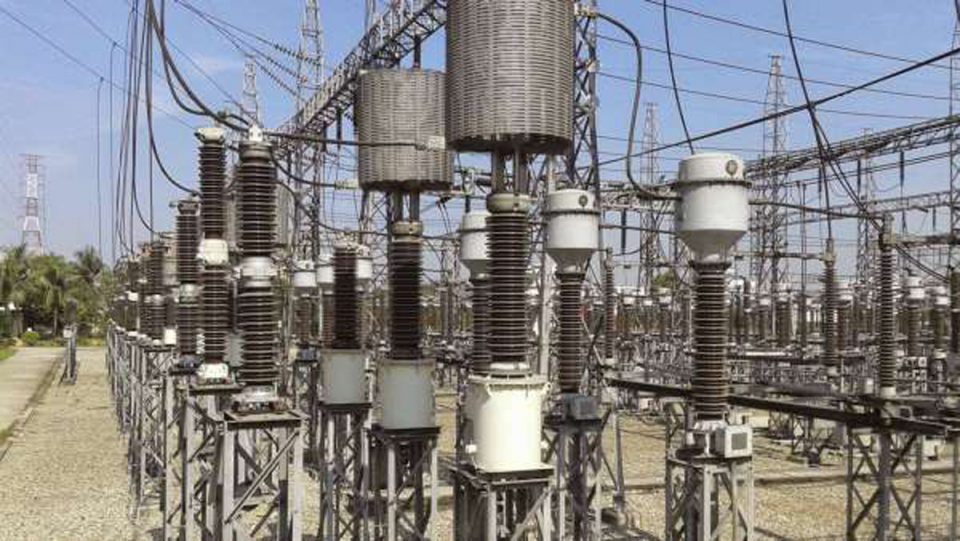The Federal Government is expecting more than 500 megawatts of electricity from interconnected mini-grids being developed by the Rural Electrification Agency, it was learnt on Sunday.
Also, the government blamed Friday’s national grid collapse on the sabotage of the country’s power infrastructure by vandals, stressing that the Ikot-Ekpene Calabar 330kv tower was vandalised.
In a series of tweets via his official Twitter handle on Sunday, the Special Adviser to the President on Infrastructure, Ahmed Zakari, said the REA had been spending billions of naira on renewable energy and mini-grids.
He said, “On the back of my tweet on the grid collapse, people keep commenting about decentralised grids. The Rural Electrification Agency (REA) has been repositioned by this administration as a decentralised renewable energy agency spending billions of naira electrifying communities.
“Recently interconnected mini-grids were added to REAs mandate, meaning renewable power plants to augment the grid in urban areas. We anticipate we will have more than 500MW of interconnected mini-grids over the next few years (through) projects from Obudu, BUK (Bayero University Kano), ATBU (Abubakar Tafawa Balewa University), FUNAI (Federal University Ndufu-Alike, Ikwo), Kasuwan Magani.”
Commenting on the collapse of Nigeria’s power grid which occurred on Friday, Zakari blamed it on sabotage, stressing that this act by citizens was difficult to comprehend.
The national electricity grid had on Friday evening collapsed again, making it the third time the grid had collapsed within the space of one month.
Some power distribution companies had confirmed the development in separate messages on Friday evening.
The Abuja Electricity Distribution Company stated that the collapse resulted in power outage in its area of operation, which covered about five states.
Also, Eko Electricity Distribution Company said the grid collapse affected its entire network.
Reacting to this via his tweets, the President’s adviser, said, “Yesterday, we had a grid collapse, which was caused by sabotage of Ikot-Ekpene Calabar 330kv tower. The grid is connected but an event at a large power source can collapse the system. Sabotage of our infrastructure by citizens is difficult to comprehend.
“It is important to improve security but the infrastructure is vast, spans thousands of kilometers, and has multiple risk points. When citizens sabotage infrastructure, it leads you to question if we want to progress as a nation. Hardship inflicted on fellow citizens is unconscionable.”
Zakari added, “We will work to innovate infrastructure security protocol but securing our infrastructure must be everyone’s work. If you see someone damaging infrastructure please take action to report to authorities or intervene if possible. This is our ‘common wealth’ and we must protect it.”
The Federal Government had announced on Saturday that the Nigerian Regulatory Commission and the System Operator were investigating the causes of the recurrent power grid collapse that had repeatedly led to widespread blackouts across the country.
In a statement issued in Abuja by the media aide to the Minister of Power, Isa Sanusi, the government stated that the last system collapse occurred at 6.30pm on April 8, 2022, resulting in power outages in many parts of Nigeria.
“While a detailed investigation into the immediate and remote causes of the recurring grid failure is currently ongoing by the NERC and System Operator (the operator of the national grid), the process of restoring supply is ongoing with some sections of the national grid already energised and supply restored to consumers,” the statement had read in part.




